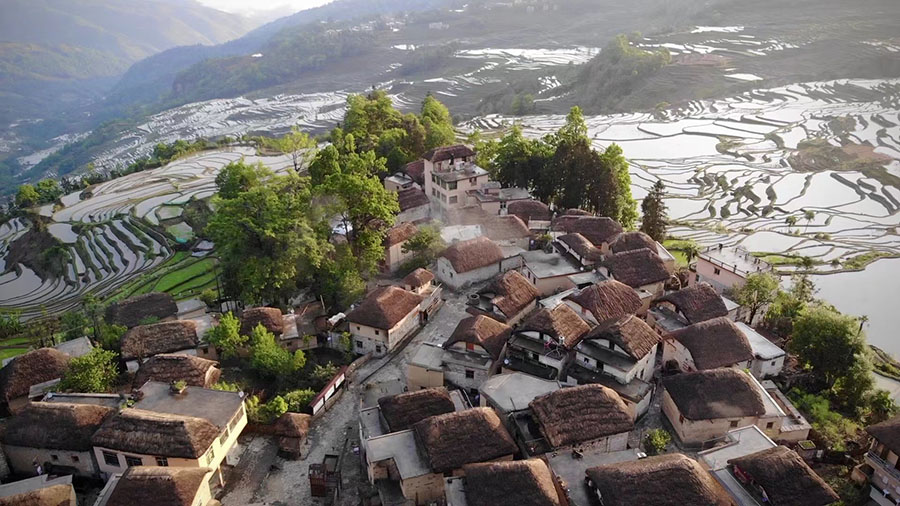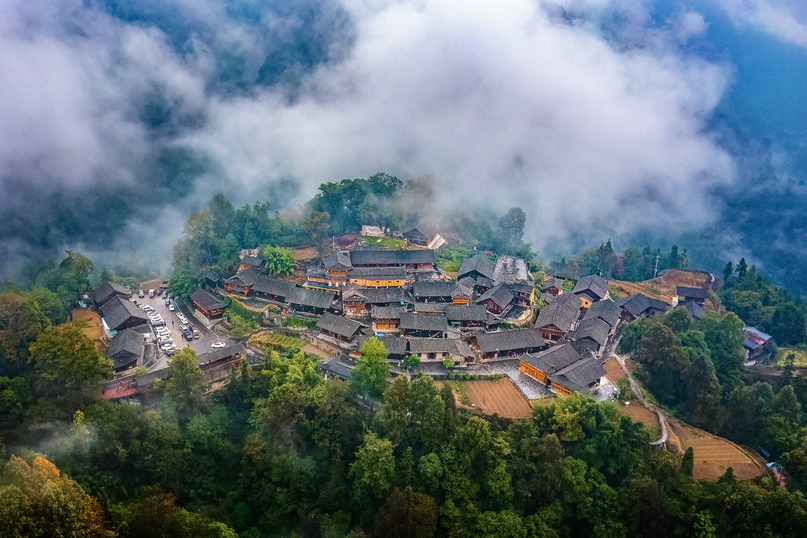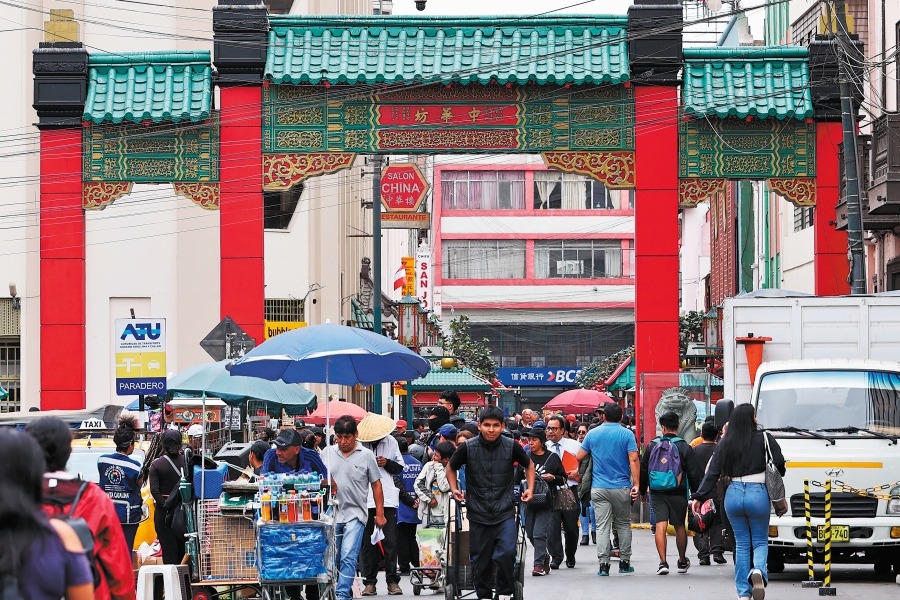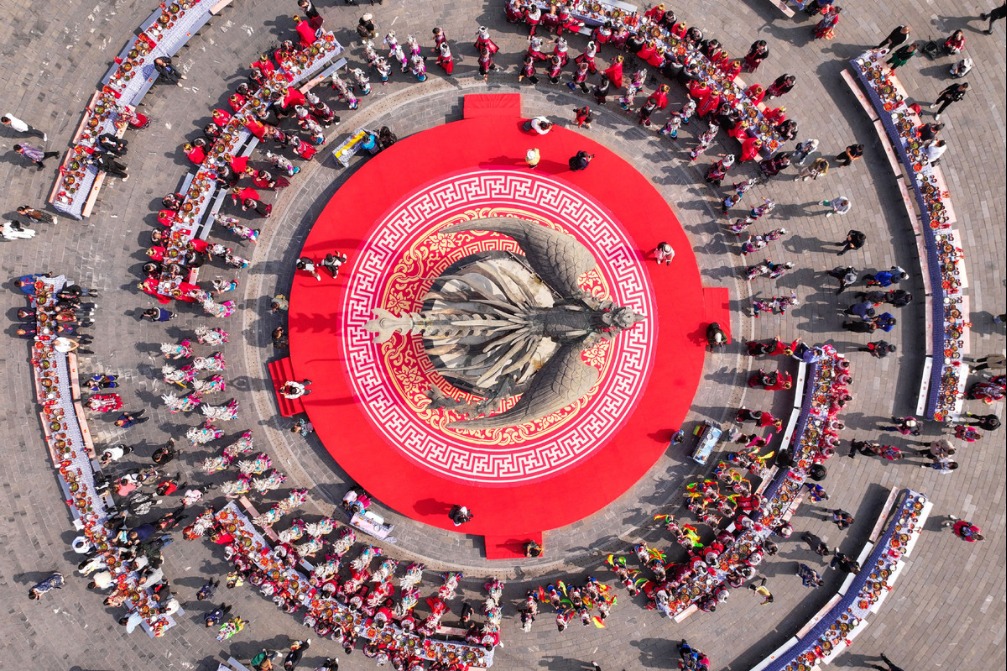Yunnan Azheke village: Hani tradition flourishes


Surrounded by cascading rice terraces and verdant greenery, over 60 "mushroom cottages" with brick walls and thatched roofs are regarded by experts as the best-preserved cluster of Hani ethnic group traditional architecture in Yuanyang county, Yunnan province.
For more than 160 years, the tiny village named Azheke has been home to the Hani ethnic group, a name which matches its lush vegetation that means "a place where bamboo forests flourish" in the Hani language.
Spanning an area of 1.43 square kilometers with about 60 households, the village features a rich, diverse and layered landscape, with the coexistence of forests, water systems, houses and rice terraces.
However, the village struggled for a long time with poverty and faced the risk of losing its cultural heritage. Many young people left for education and work and some families moved away permanently.
In 2018, Bao Jigang, a professor at Sun Yat-sen University in Guangzhou, Guangdong province, led a team and collaborated with Yuanyang county to develop the Azheke Plan, aiming to leverage local resources and vitalize the village.
"Among the 35 villages where we conducted in-depth field research, Azheke stood out with its well-protected traditions. The only way to alleviate poverty and preserve its authentic heritage is tourism development," Bao says.























